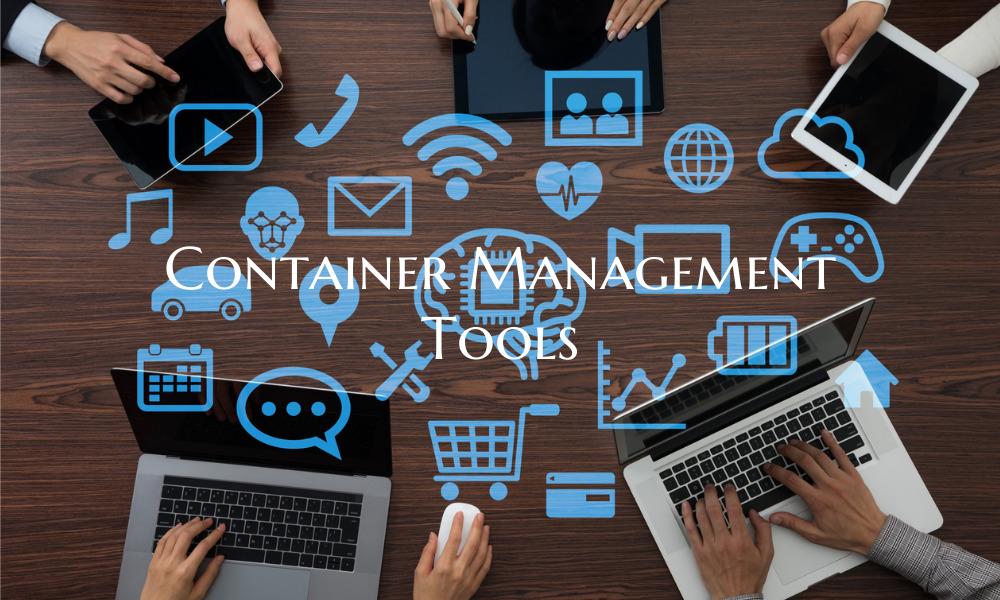Container Management Tools
Introduction: Containerization has become a popular method of deploying and managing applications in today's fast-paced IT landscape. With the rise of cloud computing and microservices architecture, the need for efficient container management tools has also increased significantly. In this article, we will explore the benefits of container management tools and how they can streamline the deployment and orchestration of containers in modern IT environments.
Benefits of Container Management Tools:
1. Orchestration and Automation: Container management tools such as Kubernetes and Docker Swarm provide powerful orchestration capabilities that enable the automation of container deployment, scaling, and load balancing. These tools help in managing complex containerized applications effortlessly by automating tasks that would otherwise require manual intervention.
2. Resource Optimization: Container management tools allow for efficient resource utilization by enabling dynamic scaling of containers based on workload demands. This helps in optimizing resource usage and reducing infrastructure costs by ensuring that resources are utilized effectively without over-provisioning.
3. High Availability and Fault Tolerance: Container management tools support features like automatic container restarts, self-healing, and fault tolerance mechanisms to ensure high availability of applications. In case of container failures, these tools can quickly spin up new containers to maintain service continuity and minimize downtime.
4. Security and Compliance: Container management tools offer robust security features such as role-based access control, network policies, and image scanning to protect containerized applications from security threats. By enforcing security best practices and compliance standards, these tools help in securing the container environment and ensuring data integrity.
5. Monitoring and Visibility: Container management tools provide monitoring dashboards and metrics that offer real-time visibility into the performance and health of containerized applications. Monitoring tools integrated with container platforms help in identifying performance bottlenecks, troubleshooting issues, and optimizing application performance.
Conclusion: Container management tools play a crucial role in simplifying the deployment, scaling, and management of containerized applications in modern IT environments. By leveraging the benefits of container orchestration, resource optimization, high availability, security, and monitoring, organizations can achieve greater efficiency, scalability, and agility in their container deployments. Embracing container management tools is essential for any organization looking to adopt containerization as part of their IT strategy and stay ahead in today's competitive digital landscape.

